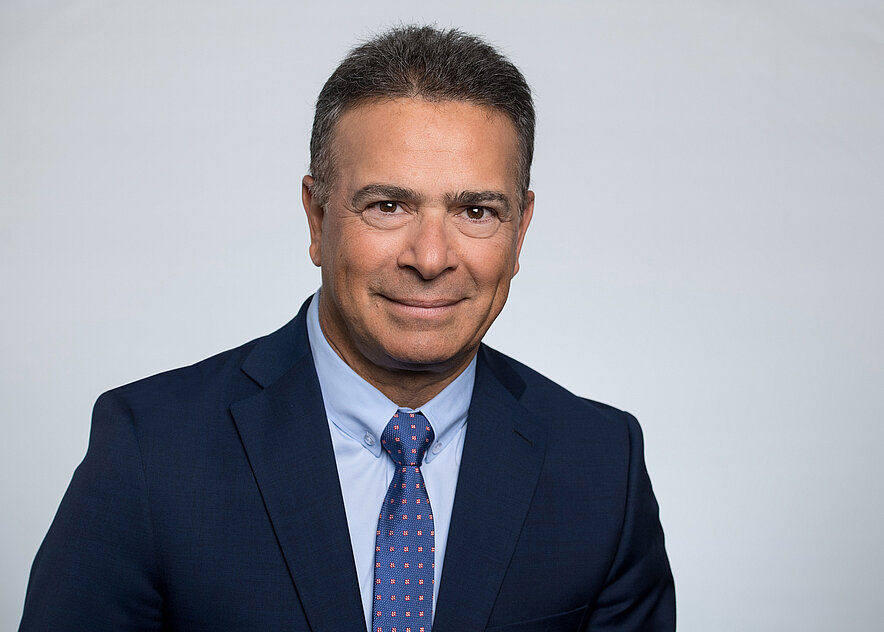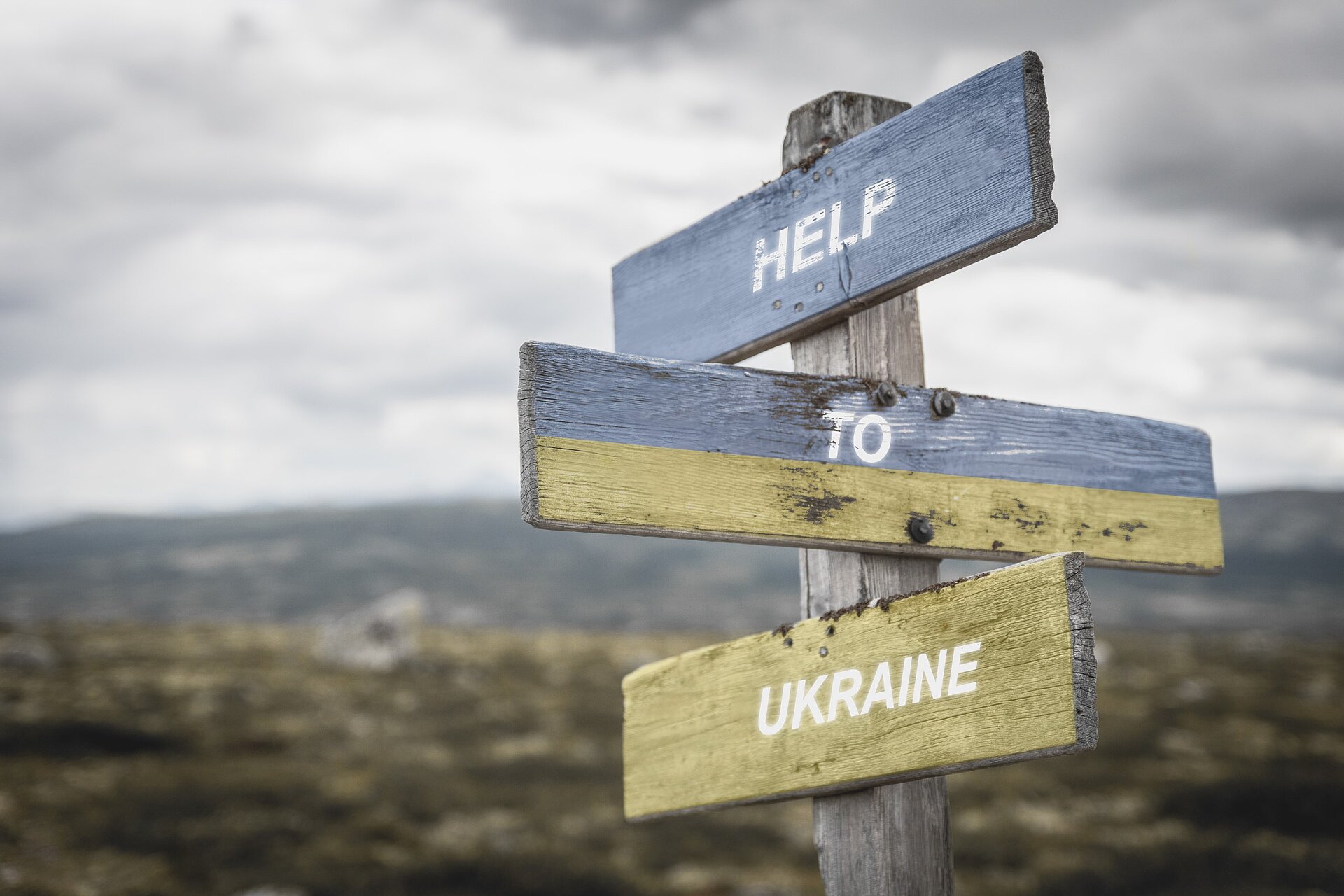
Dr. Mohsen Sohi, CEO Freudenberg Group
Photo: Martin Joppen
Dear colleagues,
Global supply chains have been significantly disrupted by the war in the Ukraine and the political reactions and economic sanctions that it has triggered. This has found expression in the reduced availability of raw materials and supplier parts, along with dramatically higher prices for energy and logistics, among other consequences. The effects on our businesses are also profound. They require operational and strategic responses, which we have already implemented and continually finetune.
First and foremost, the dreadful war in the Ukraine is a humanitarian catastrophe. We have already informed you about the 3 million euros in emergency aid that Freudenberg has made available to those affected by the war.
Partners and employees have shown a tremendous willingness to donate. So far, a total of 782,000 euros has been received. My sincere thanks for your solidarity and your willingness to help.
Since the end of April, there have hardly been any additional donations, so we plan to terminate the donation campaign on June 30.
So far, we have sent the largest individual sums – one quarter million euros in each case – to Aktion Deutschland Hilft, Aktionsbuendnis Katastrophenhilfe, Doctors without Borders, Save the Children and the UN refugee agency.
Supplementing these major donations, we have financially supported more than 20 other aid organizations and initiatives. This has often involved providing people with basic supplies of food and hygiene articles, as is the case with the French aid organization Banque Humanitaire and the Kyiv-based Open Mind Foundation. In Germany, we are supporting the Tafel Berlin and the nonprofit association That’s WHYnheim with food and clothing. Over the past few weeks, 50 refugees have found a new home in quickly outfitted, company-owned factory apartments in Weinheim.
In the face of this humanitarian disaster, we are seeing an impressive surge of willingness to help.
Dr. Mohsen Sohi
We are also helping to supply people in Ukraine with medical products such as compresses and bandages. This assistance is organized from Estonia. Other recipients of our monetary donations are operating in the immediate vicinity of Ukraine, for example, the Red Cross organizations of Romania and the Czech Republic.
With the help of e2, our global program for education and environmental protection, we are supporting targeted educational activities. For example, the University of Mannheim has set up an emergency scholarship fund for young researchers who have been affected by war-related events. With our financial assistance, the Goethe University Frankfurt is helping refugees who are students.
We have also posted 100 open positions on a special job exchange for refugees from Ukraine. The result: 14 new employees in five Freudenberg business groups, mainly at sites in the Czech Republic and Slovakia. This commitment is giving refugees new prospects for the future since jobs are important tools for integration.
These initiatives go beyond the current emergency assistance – an approach that we want to keep pursuing. In the best Freudenberg tradition, we are thinking long-term and want to help with the reconstruction of Ukraine, that is, on the spot, with available financial resources. That will represent another pillar of our financial commitment. So, we are closely examining the use of the donated funds that are still available and are keeping a portion in reserve for this important assistance within the country.
We are using the existing e2 infrastructure for some of the activities outlined here. The organizational effort for well-thought-out and sensible use of our donated funds should not be underestimated. Our global program offers us the resources to provide this help.
In the face of this humanitarian disaster, we are seeing an impressive surge of willingness to help. Thank you once again! Without your donations and commitment, the assistance to the countries listed here would not be possible.
Dr. Mohsen Sohi
